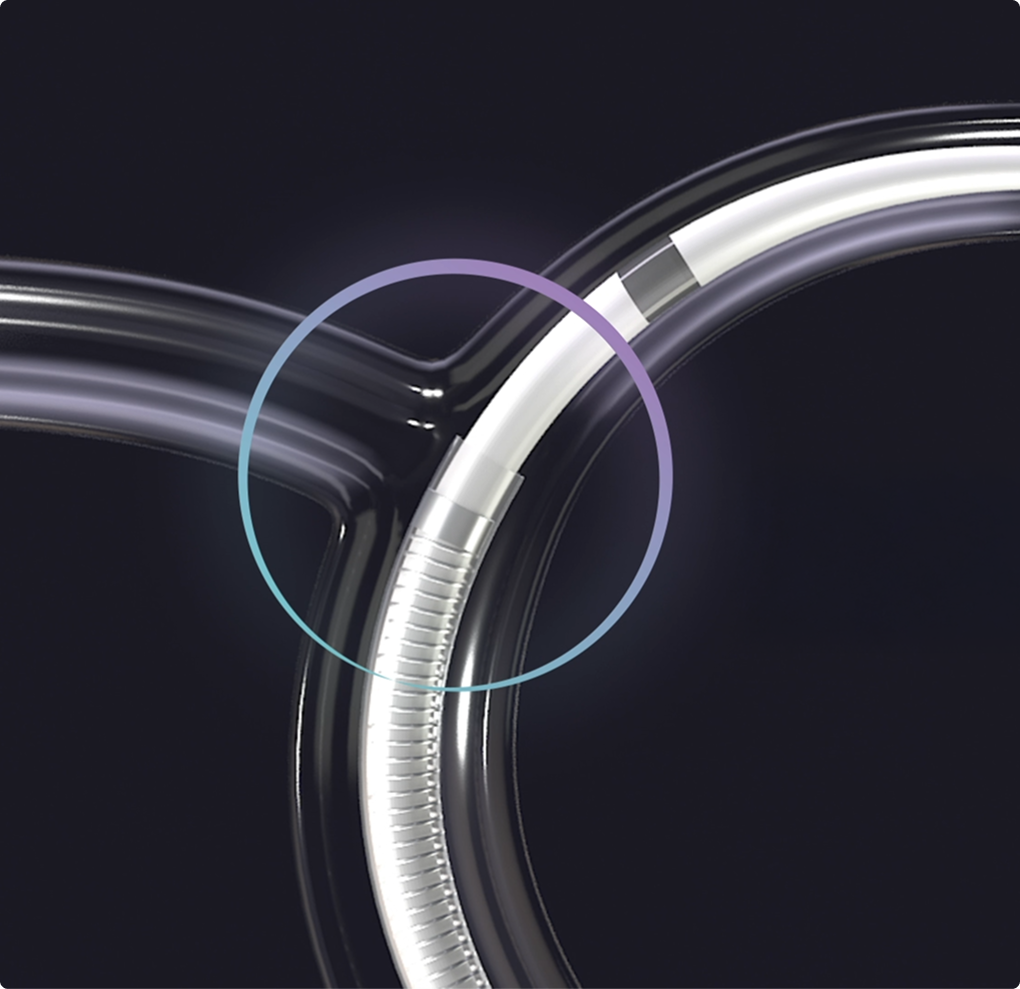

Redefining stroke intervention with world-first aspiration thrombectomy trial
The first multicentre randomised trial for aspiration thrombectomy proved an advanced catheter system could match—and in some cases exceed—stent retriever outcomes. With 89% delivery success, superior revascularisation, and zero haemorrhage events, it earned FDA 510(k) clearance.

Strokes are the leading cause of death and disability in the world. A stroke occurs when blood vessels carrying oxygen to the brain either get blocked or burst. A blockage or ischemic stroke is the most common and occurs when a blood clot blocks an artery carrying blood to the brain.
Currently there are two tools doctors can use to remove clots during a stroke – stent retrievers or aspirators. Stent retrievers have been considered the gold standard, especially since 2015 when five randomized control trials using stent retrievers highlighted their efficacy and impact on saving lives. By comparison, aspirators were always considered the second choice because never had similar compelling evidence. This was until Mobius worked with Route 92 to conduct the world’s first and only multicenter, randomized, controlled trial for aspiration thrombectomy.
Route92 medical designed advanced stroke catheters, called the HiPoint 88/70 Reperfusion System, that work like a flexible telescope, giving doctors precise one-handed control to guide them safely through delicate brain vessels. The goal was ambitious: to conduct a prospective, randomized, controlled interventional trial involving ~250 patients across 31 sites (US and New Zealand), comparing the system with a conventional 0.074″ aspiration catheter. The study had to be designed to support FDA 510(k) clearance.
Rising to the challenge, Mobius designed and managed the study delivering game-changing outcomes. The device was successfully delivered to occlusions in 89% of cases. It had a superior First-Pass Effect (FPE) i.e. it achieved significantly higher revascularization rates. Finally, there was zero symptomatic intracranial hemorrhage. These helped Route 92 secure FDA 510(k) clearance for the stroke catheters in May 2025. Furthermore, this study filled a critical evidence gap in stroke intervention.
The technology is positioned as a potential “one-and-done” stroke-thrombectomy solution with potential to change clinical guidelines and market adoption for aspirators.
At Mobius, we are experts at taking innovations from blueprint to breakthrough, together. If you have an innovation that can advance care – reach out.
Key outcomes
- World’s first multicentre, randomised, controlled trial for aspiration thrombectomy
- Conducted across 31 sites in the US and New Zealand (~250 patients)
- 89% successful delivery to occlusions
- Superior First-Pass Effect (FPE) and higher revascularisation rates
- Zero symptomatic intracranial haemorrhage
- Supported FDA 510(k) clearance (2025)
- Filled critical evidence gap in stroke intervention
